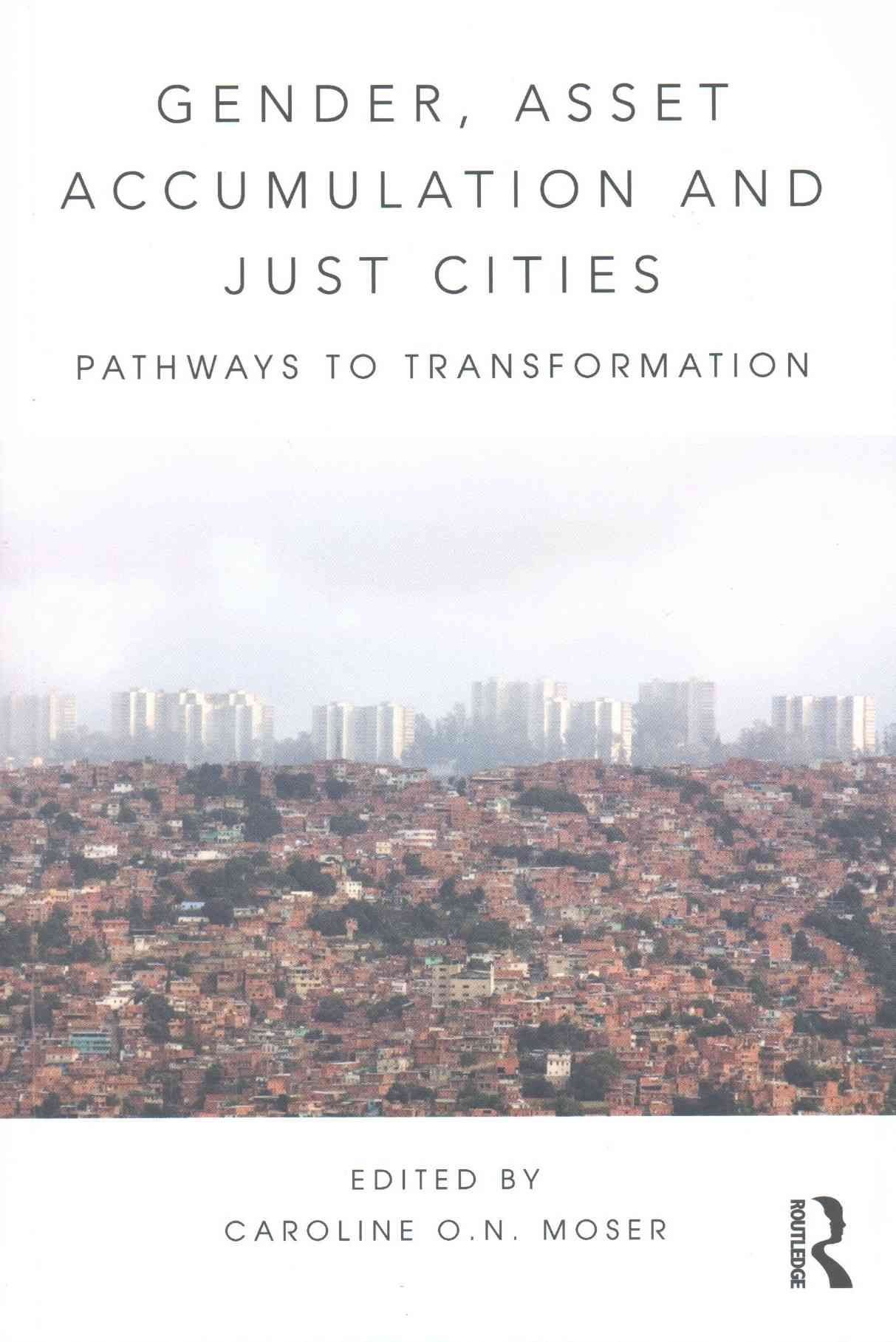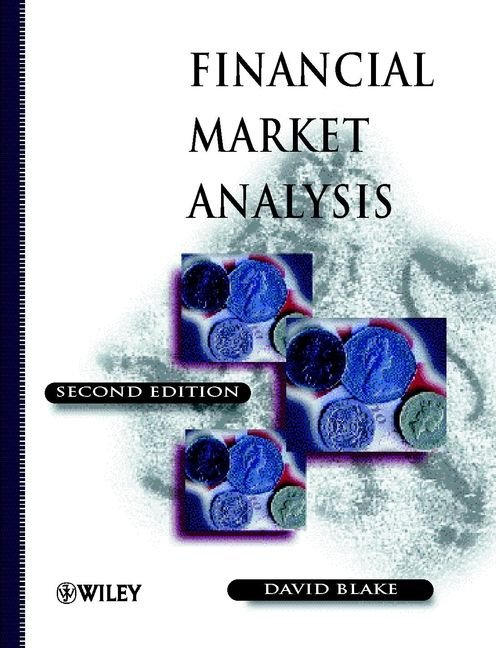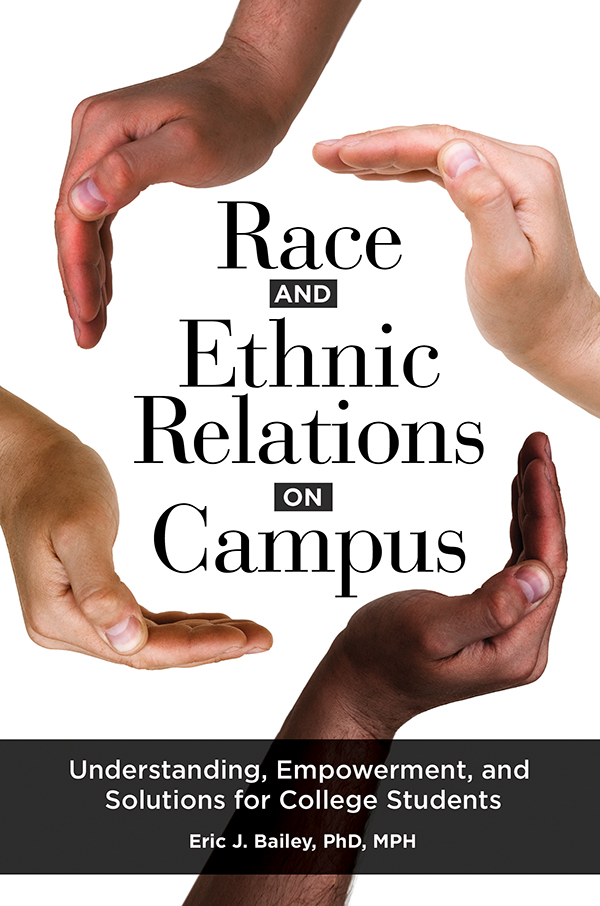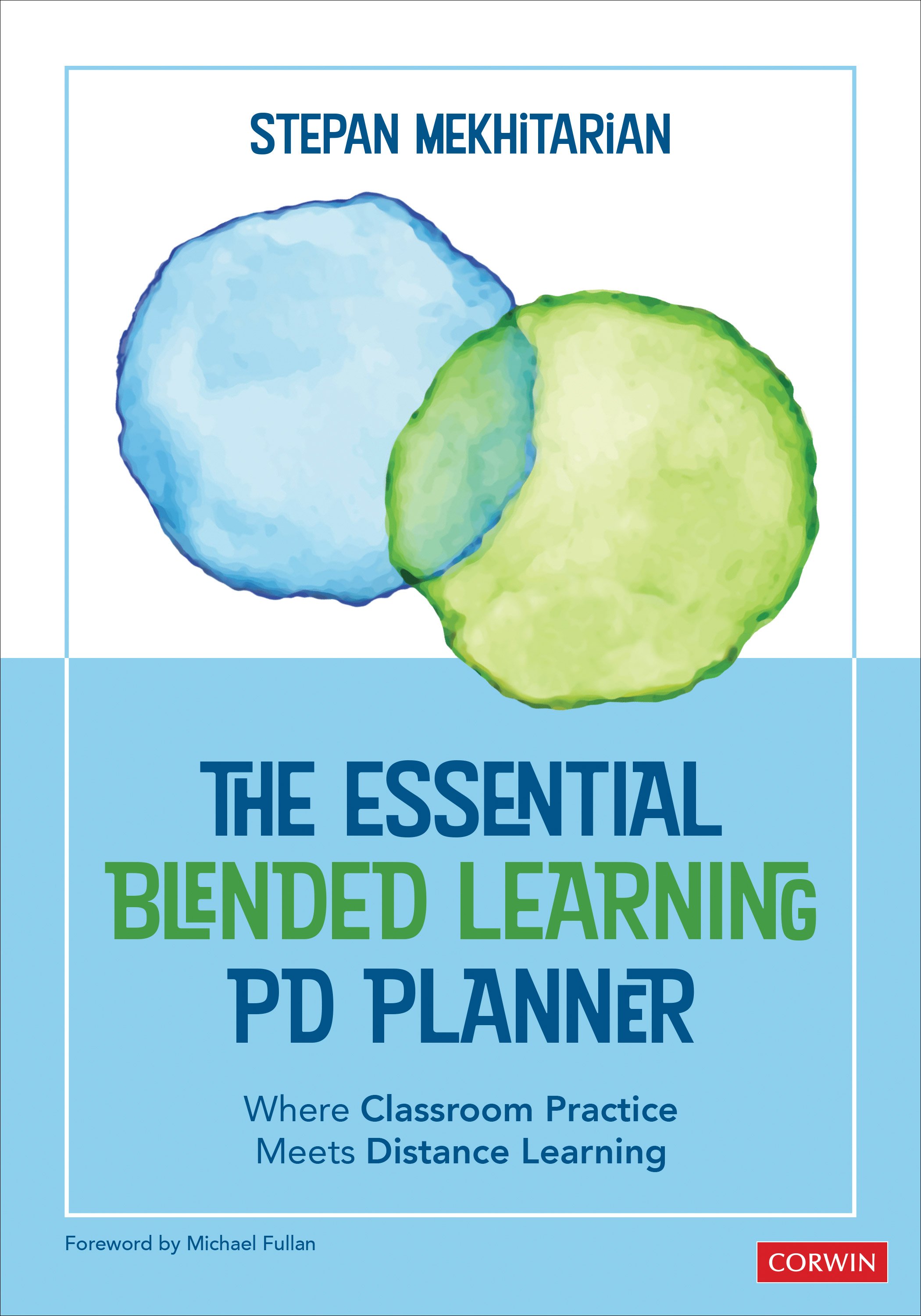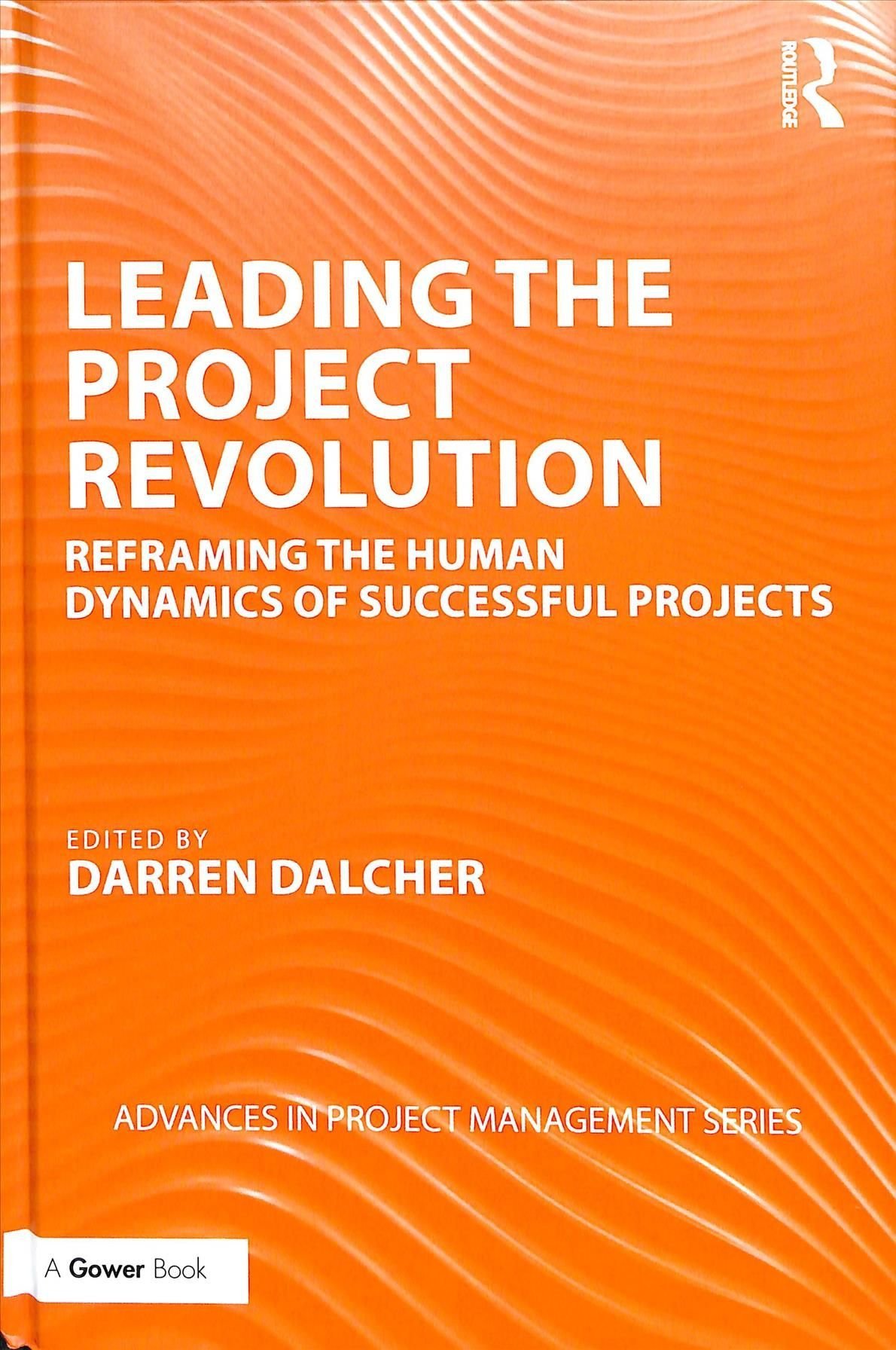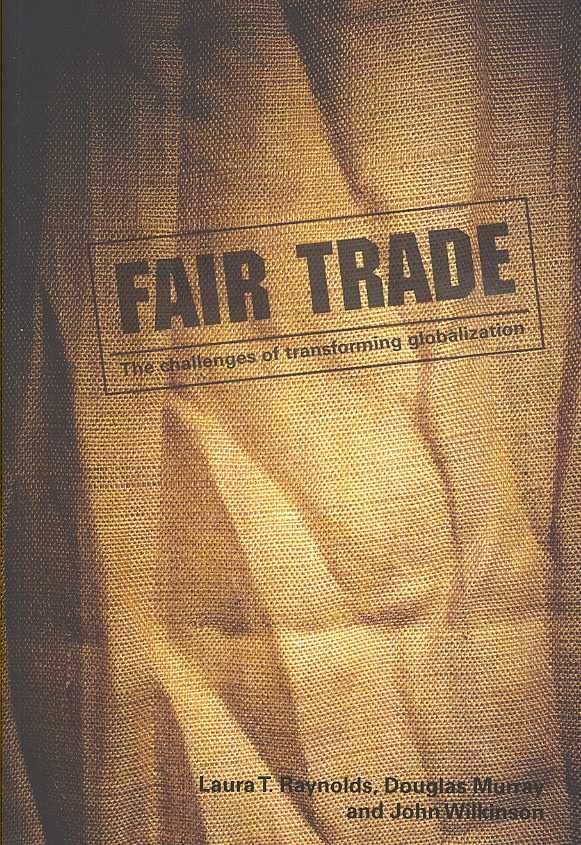With more than half the world’s population now living in urban areas, urbanization is undoubtedly one of the most important phenomena of the 21st century. As cities across the Global South expand exponentially in size and multiply in number, the disjuncture between the economic functions, institutional architecture and planning processes of cities, and the needs of its population, increases while a major outcome of these processes is searing inequality.There is a need, therefore, for individuals, households and local communities in low-income settlements to seek to address the situation themselves by relentlessly and systematically fighting to accumulate the asset portfolios of physical (housing), human (education and health), social, and financial (savings) capital necessary to get out of poverty.Bearing in mind the strategies researchers, policymakers, planners and practitioners can adopt to support such strategies while also confronting the challenges of 21st century urban areas, the aim of this bookis to identify the contribution that a focus on assets and the asset planning processes makes to the development of more inclusive, just cities–
